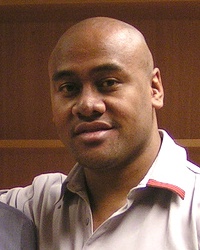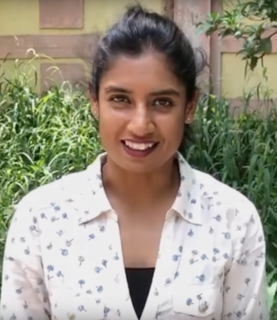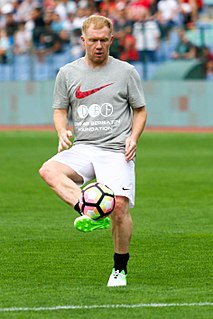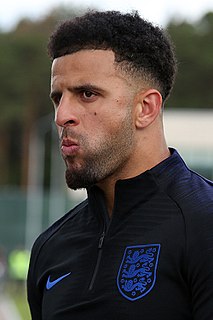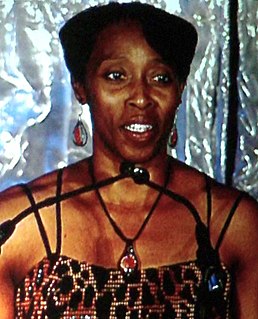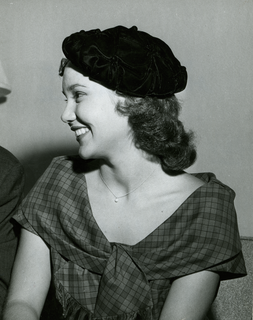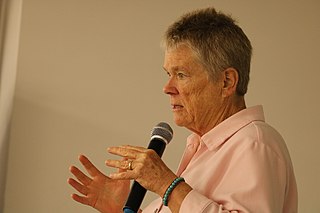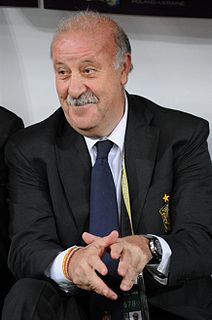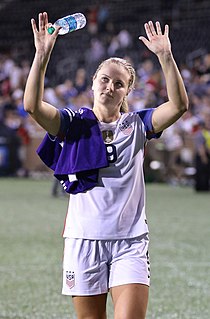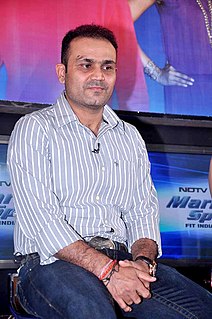A Quote by Jonah Lomu
I was diagnosed with the illness right before the 1995 World Cup.
Related Quotes
In 1995, I was diagnosed with cancer, and I had to practice what I preached. I had always said to 'believe in God' and 'don't give up' to little kids who had been diagnosed with cancer. I then thought if I can't call on that same God and same strength that I told people about, I would be a liar and a phony.
True love, it's like an illness. I never understood it before. In books and plays. Poems. I never understood what drove otherwise intelligent, right-thinking people to do such extravagant, irrational things. Now I do. It's an illness. You can catch it when you least expect. There's no known cure. And sometimes, in its most extreme, it's fatal.
Sometimes, when I talk to someone who has just been diagnosed with cancer or some other illness, I'll remind them: "If you were honest with yourself, you were depressed before this happened. And if this were over you would be happy for a couple of weeks, a couple of months, and then something else would come along."
